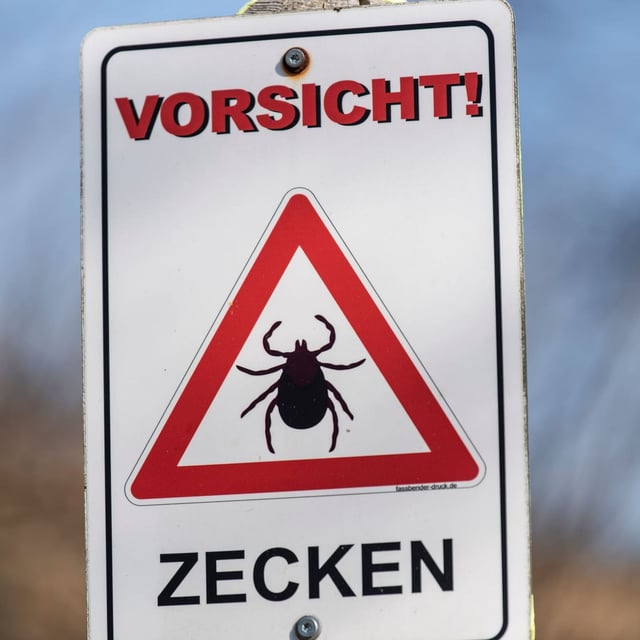Overview
- The Robert Koch Institute (RKI) has identified three new FSME (tick-borne encephalitis) risk areas: Augsburg in Bavaria, Elbe-Elster in Brandenburg, and Celle in Lower Saxony.
- FSME risk zones now cover 183 districts across Germany, with the highest concentrations in Bavaria, Baden-Württemberg, and parts of Saxony, Brandenburg, and Hesse.
- In 2024, Germany recorded 686 FSME cases, the second-highest annual total since data collection began in 2001, nearly doubling the median annual figure of 352 cases.
- Experts attribute the spread of FSME to milder winters, which allow ticks to remain active year-round, and low vaccination rates, particularly among older adults.
- The Ständige Impfkommission (STIKO) recommends FSME vaccinations for those living in or traveling to risk areas, but vaccination coverage remains insufficient in many regions.



